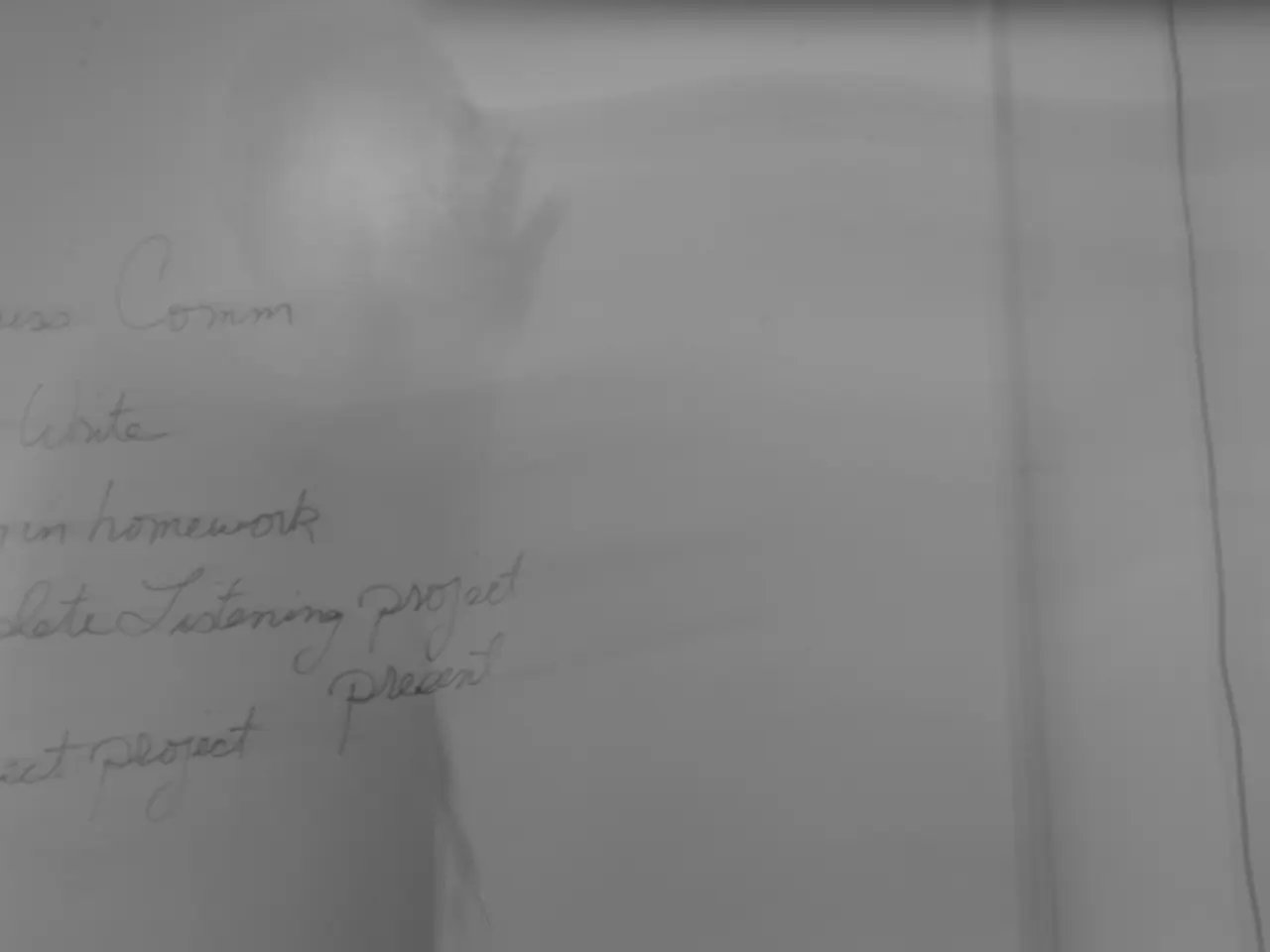The Imaginary Scenario of Universal Intelligence Equivalence: Pondering the Societal Ramifications and Implications of Equality in Cognitive Abilities
In a thought-provoking scenario where everyone shares the same IQ, the landscape of education, work, and interpersonal relationships could undergo significant changes.
**Education**
The educational system might undergo a significant transformation, with a uniform curriculum becoming the norm. This shift could streamline learning processes, but it might also limit opportunities for advanced learning or specialization. Instead, education could focus more on developing practical skills and emotional intelligence, as cognitive abilities would be less of a distinguishing factor.
Moreover, there could be an increased emphasis on creativity and innovation, as the differentiation between individuals would increasingly depend on factors other than raw intelligence.
**Workforce**
In a world where intelligence is no longer a deciding factor, job specialization might be based more on personal preferences and interests. This shift could lead to a more diverse and engaging work environment. The workforce could also place greater emphasis on teamwork, communication skills, and emotional intelligence, as these traits would become more critical for success.
Collaboration and mutual support could become more central to achieving workplace goals, as everyone would possess the same cognitive abilities.
**Interpersonal Relationships**
A uniform IQ might reduce competition based on intelligence, potentially leading to more harmonious relationships. Relationships might flourish more based on emotional intelligence, empathy, and social skills, as these traits would become more distinguishable and valued.
Communities might become more unified, as other factors like shared values and interests become more prominent in social interactions.
However, it's crucial to note that a world with a uniform IQ is purely hypothetical, as intelligence is inherently diverse and influenced by a wide array of factors. Real-world implications would depend on how such a scenario could even arise and how societies adapt to it.
The ethical and moral questions surrounding a society where everyone has the same IQ are substantial. Issues such as the fairness of enforcing cognitive equality and the creation of new forms of inequality would need to be carefully considered.
In this hypothetical world, technological progress, political landscapes, and artistic expressions could also be significantly impacted, offering a fascinating exploration of the potential consequences of a world where intelligence is no longer a differentiating factor.
- Science and technology could see a shift in focus, as cognitive abilities are no longer a barrier to innovation. Research might delve deeper into understanding the enigmas of strength, fitness, flexibility, and practical skills to optimize human capabilities.
- Education-and-self-development programs could evolve to encompass increased emphasis on fitness, flexibility, and emotional intelligence, fostering holistic growth rather than just intellectual development.
- In such a world, teamwork, collaboration, and communication skills would be fundamental for education, work, and interpersonal relationships, highlighting the science of psychology and the role of technology in facilitating these skills.




